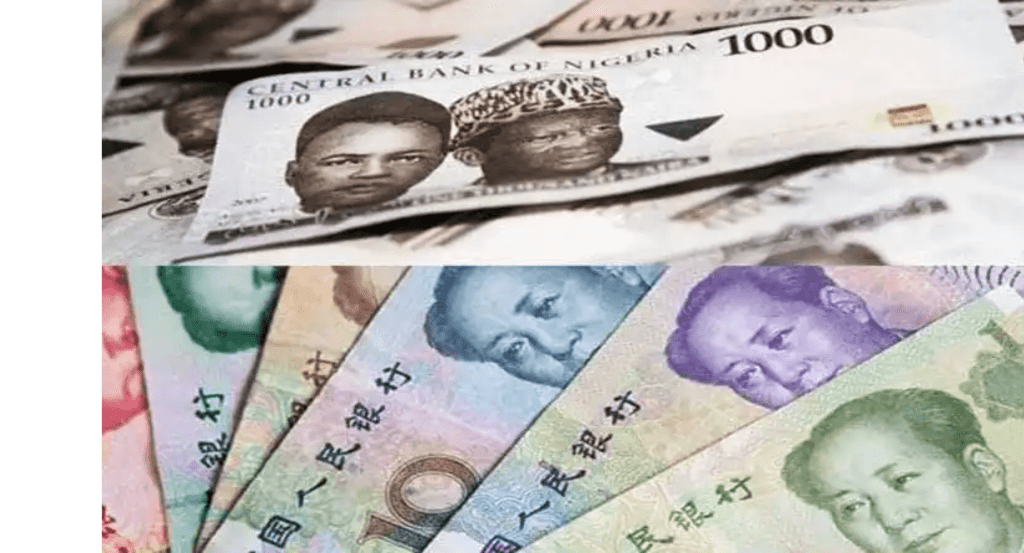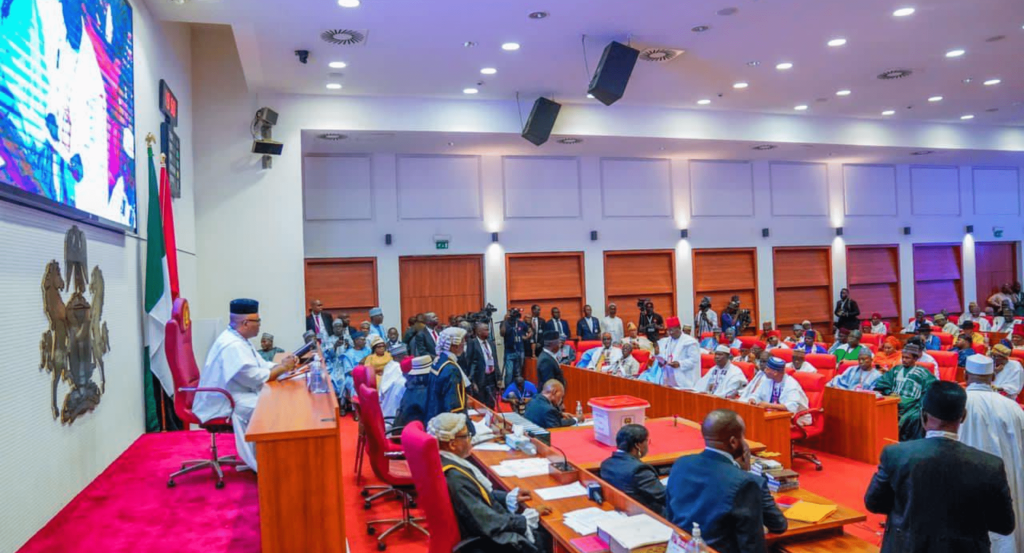The Nigerian currency, the naira, has suffered another sharp depreciation against the U.S. dollar, reaching ₦1,495/$1 at the official market and trading as high as ₦1,610/$1 in the black market. This latest decline marks one of the steepest single-day drops, with the naira losing approximately 14% of its value in a single session at the Nigerian Autonomous Foreign Exchange Market (NAFEM).
According to data from the FMDQ Securities Exchange, which tracks official foreign exchange transactions, the naira opened trading at around ₦1,310/$1 before experiencing a sharp decline. The fall comes amid ongoing economic pressures, foreign exchange supply challenges, and increased demand for the dollar.
The parallel market, commonly known as the black market, also reflected the pressure on the naira, with traders reporting that the currency traded between ₦1,600 and ₦1,610 to a dollar. This widening gap between the official and parallel markets highlights the continued volatility in Nigeria’s foreign exchange system.
Economic analysts attribute the naira’s latest plunge to a combination of factors, including dwindling foreign exchange reserves, reduced dollar inflows, and speculative trading in the forex market. The Central Bank of Nigeria (CBN) has been implementing various measures to stabilize the naira, including interventions in the foreign exchange market and policy adjustments, but these efforts have yet to yield significant results.
The depreciation of the naira has raised concerns about inflation and the cost of living, as businesses that rely on imported goods may be forced to adjust prices to reflect the rising cost of foreign exchange. Many Nigerians are feeling the impact of the weakening currency, with the cost of essential goods and services increasing in response to the exchange rate fluctuations.
The government has reiterated its commitment to implementing economic reforms aimed at addressing the forex crisis and stabilizing the naira. However, market watchers predict that unless foreign exchange liquidity improves and investor confidence strengthens, the naira could face further depreciation in the coming weeks.
As the situation unfolds, all eyes remain on the CBN’s next move to curb the naira’s decline and restore stability to the foreign exchange market.



























